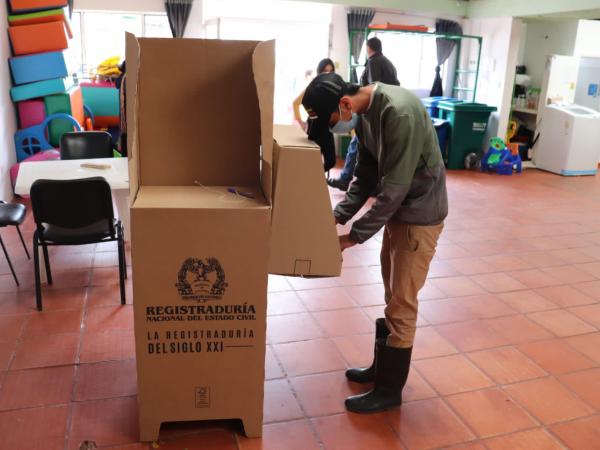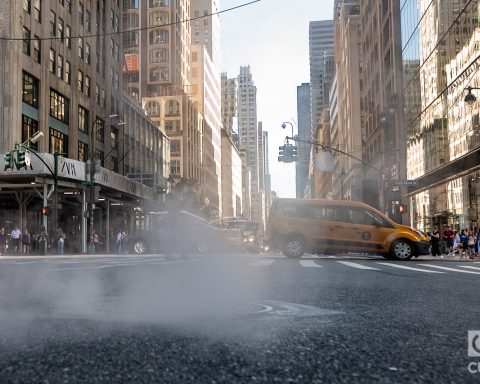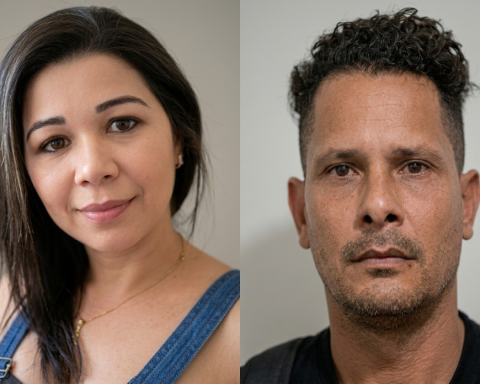Began the countdown.
On Monday, December 6, a new version of the University Transition Test, an exam once again marked by the pandemic and its effects on the face-to-face classes of thousands of students. Added to this is the nervousness of a process that – for several young people – is relevant in their future training.
Daniela Muñoz, psychologist and academic at the Faculty of Education Sciences of the San Sebastián University, explains that nervousness and anxiety in the face of PTU they go hand in hand with high expectations for results and low tolerance for failure.
For it, It is important that the environment does not put additional pressure on applicants.
“It is counterproductive for the same adults around the student to empower and validate the fears that the student presents. Taking this evaluation is part of the milestones of the transition to adulthood, but they do not paralyze a person’s life “, says the expert.
Bodily discomfort
Muñoz warns that the anxiety it is associated with symptoms of concern associated with somatic symptoms. Headache, back and neck tension, stomach upset, or reflux they are part of them.
When this happens, the important thing is “to identify the origin of these bodily symptoms in order to do something about it, that is, what exactly is the concern or fear associated with each symptom, since many times, fears are associated with fantasies and, once we clarify that fantasy with reality, the symptom disappears ”.
Finally, the academic suggests that it helps to face these symptoms “being able to have spaces for conversation and reflection regarding what is happening, along with expressing the feelings of anxiety that this causes.” “It is very important that young people have the support of their families and friends.”
And he concludes: “it is always advisable to carry out recreational and sports activities that enhance the release of body tension and the increase in endorphins that facilitate the reduction of stress.”


















